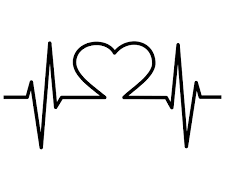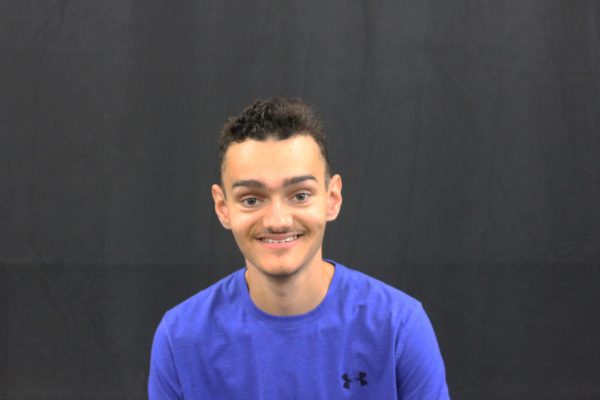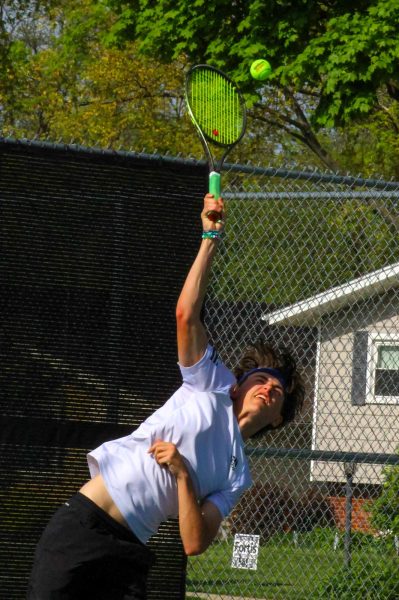The beat goes on
Educational organization gets to the heart of what matters

January 27, 2023
Every 3 days, a highschool student loses their life to sudden cardiac arrest (SCA).
The Max Schewitz Foundation exists to educate school communities about SCA and offers EKG screenings to students every 2 years, according to Kathy Akyroid, the foundation’s executive director.
The foundation last held screenings at Prospect in February of 2020. They were scheduled to revisit Prospect in February of 2022, but COVID-19 made testing nearly impossible, effectively cutting off funding to the foundation and pushing their screenings back to this February.
Due to this lack of revenue brought on by the COVID-19, Akyroid says the foundation will be shutting down this coming November, so this is the last time they will be offering EKG screenings at Prospect. Students who wish to have an EKG are urged to register by February 19. The screening will occur on February 22.
Senior Julia Neugebauer, who registered for a screening during her freshman year, remembers the process was fairly easy and painless. Adhesive pads were attached to her chest with wires running from the pads into a computer, which measured the electrical signals from her heart to check for any abnormal rhythms.
“I think [getting an EKG] is a good idea, especially since there’s so many athletes at the school, that it would be good to know if there’s anything wrong with their hearts,” Neugebauer said.
Besides Prospect High School, the Max Schewitz Foundation has screened students at 33 other high schools throughout Cook and Lake counties. According to Akyroid, an abnormal heart rhythm has been detected in at least one student from each school. Since EKGs are not part of a regular annual physical, school screenings can give students vital medical information they may not have otherwise known.
Akyroid says that students with abnormal EKG readings automatically receive an on-site echocardiogram (echo). Echos closely analyze the structure of the heart to determine which heart condition may be causing the abnormal rhythm. These students are then referred to a cardiologist for more advanced treatment.
Abnormal heart conditions put students at a higher risk of SCA, which only 10% of Americans survive. Therefore, discovering these heart conditions through school screenings is a crucial step in preventing SCA and ensuring students’ longevity and cardiac health.
“Your chances are very small of having a hidden heart condition, but your chances are very real,” Akyroid said.






















































































